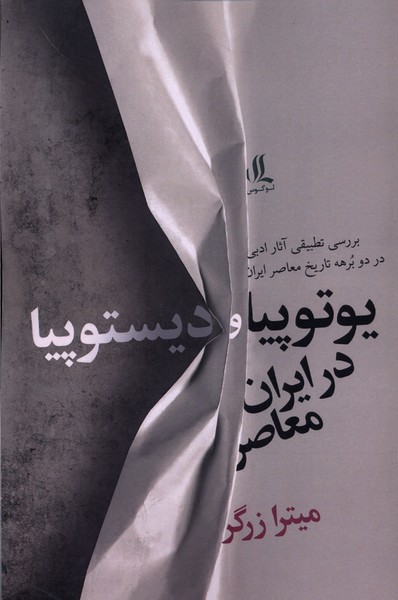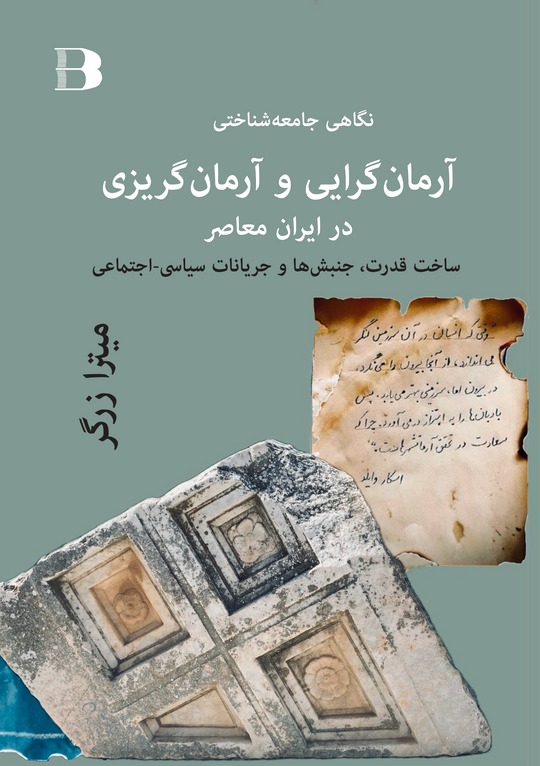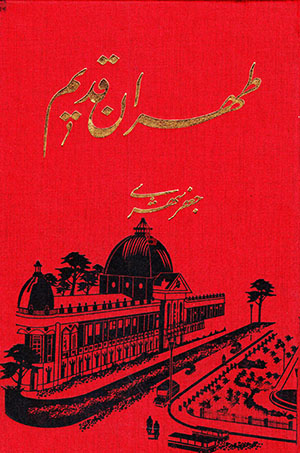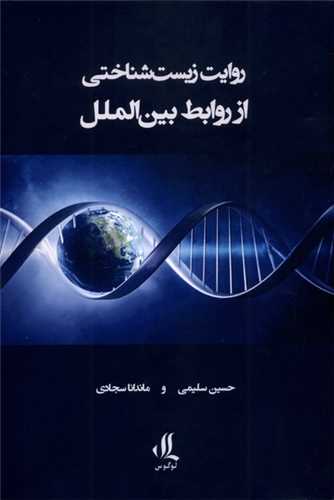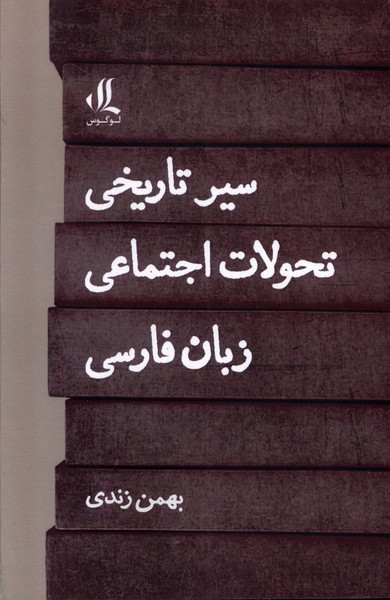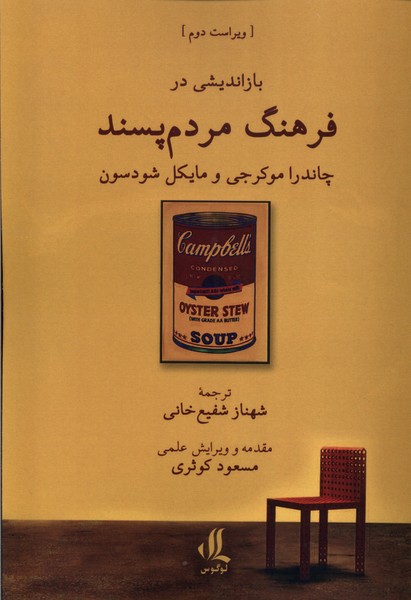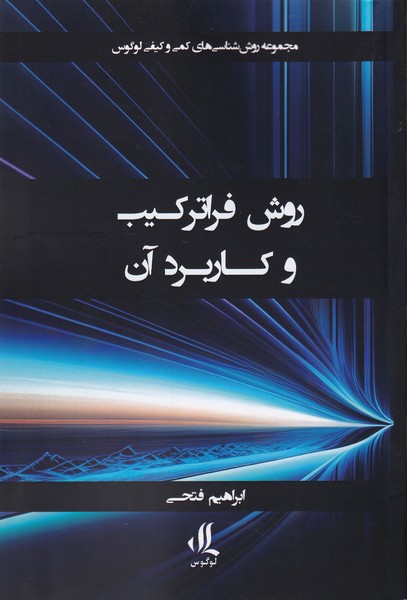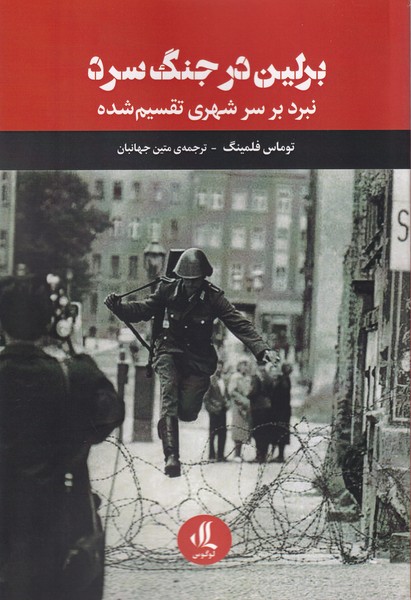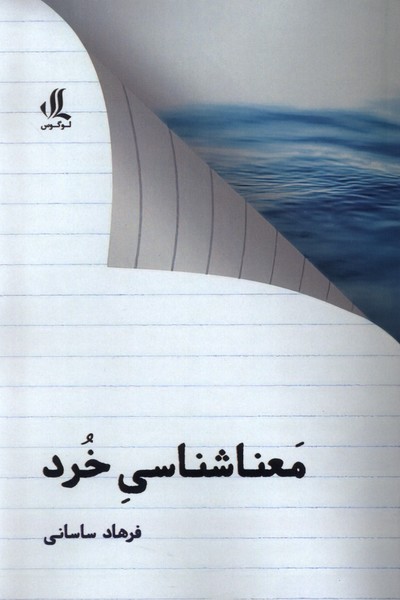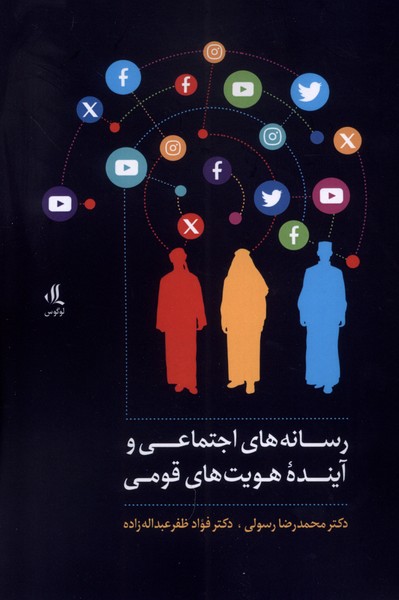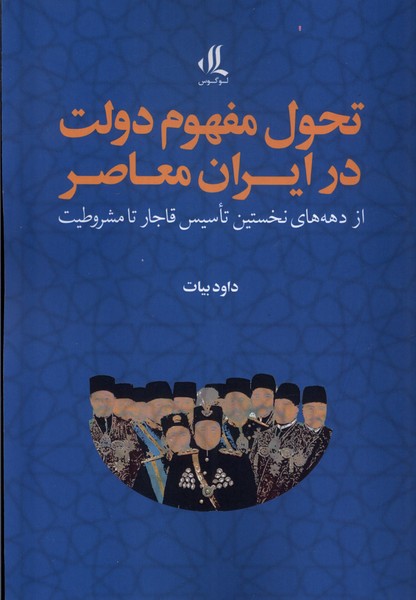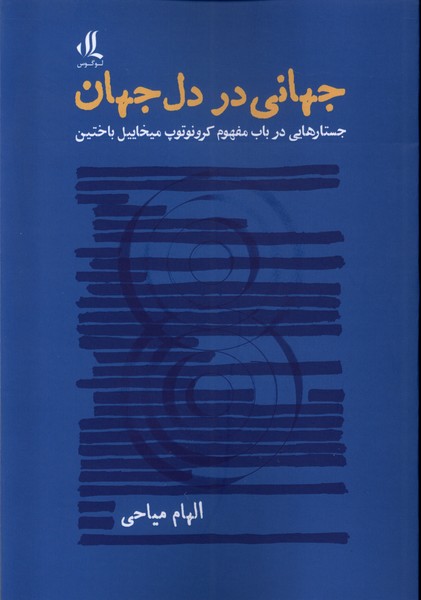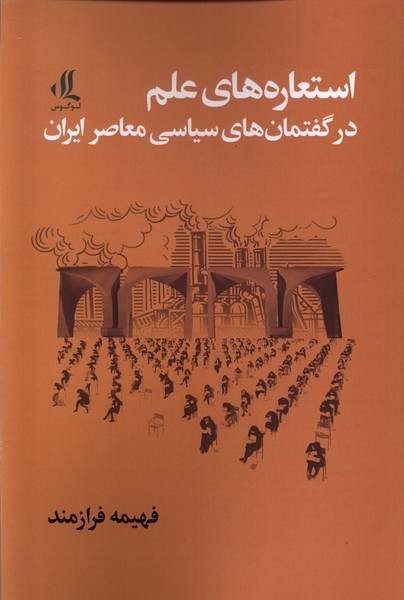Yūtupīyā va Dīstupīyā dar Irān-i Mu'āṣir: Persiska (Farsi) 1403
یوتوپیا و دیستوپیا در ایران معاصر
237 SEK
Dela
Wishlist
During the last sixty years, Iranian society has witnessed many unexpected social changes and events, and many people attribute these changes to the "will of the people" in a simplistic view. However, the present book, relying on sociological-historical insight and taking into account global contexts, tries to introduce and scrutinize deeper layers that have played a decisive role in these developments. The first volume of this collection, lays down in detail the global contexts, which in combination with the structure of Iran's social system, cause the spirit of idealism to be blown on the society at one point, and at another point, the society witnesses the predominance of idealism. In the first part of the discussed period, i.e. from 1340 to 1370, when great ideals were the guiding lights of individuals and society, idealism was considered the most important voice of change and the only possibility to achieve eternal happiness, and the other hand, from the 1970s onwards By disregarding the collective ideals, the society interprets happiness in honoring the individual and redefining and revealing hidden individual identities. This book compares the position of "idealism" in each of these two periods by looking closely at prominent literary works. Comparing the works of these two periods helps us to show the impact of changes in global social order and internal structures on the vision of poets and writers, as one of the important intellectual symbols in society.
more
جامعۀ ایران طی شصت سال اخیر، شاهد تغییر و تحولات و رخدادهای اجتماعی غیر منتظرۀ فراوانی بوده است و بسیاری در نگاهی ساده انگارانه، عامل اصلی این تحولات را به «ارادۀ مردم» نسبت می دهند. کتاب حاضر اما، با اتکا به بینشی جامعهشناختی – تاریخی و با لحاظ کردن زمینههای جهانی، سعی در معرفی و موشکافی لایههای عمیقتری دارد که نقشی تعیینکننده در این تحولات داشتهاند. در جلد نخست این مجموعه، به تفصیل به بسترهای جهانی یرداخته میشود که در ترکیب با ساختار نظام اجتماعی ایران، سبب میشوند تا در برههای روح آرمانخواهی بر جامعه دمیده شود و در برهۀ دیگر اما، جامعه شاهد غلبۀ مشی آرمانگریزانه باشد. در برهۀ نخست از دورۀ مورد بحث، یعنی از دهۀ 1340 تا 1370 شمسی، که آرمانهای بزرگ چراغ راه افراد و جامعه بودند، آرمانخواهی مهمترین صدای تغییر و تنها امکان برای رسیدن به سعادت ابدی دانسته میشد و در مقابل از دهۀ هفتاد شمسی به این سو، قاطبۀ جامعه با بیاعتنایی به آرمانهای جمعی، سعادت را در تکریم فرد و بازتعریف و آشکارسازی هویتهای فردی کتمانشده تعبیر می کند. این کتاب، با ریزبینی در آثار مطرح ادبی، به مقایسۀ جایگاه «آرمانخواهی» در هر یک از این دو برهه می پردازد. مقایسۀ آثار این دو برهه به ما کمک میکند تا تأثیر تغییرات در نظم اجتماعی جهانی و ساختارهای داخلی را بر بینش شاعران و نویسندگان، بهمثابه یکی از نمادهای مهم روشنفکری در جامعه نشان دهد.
more

